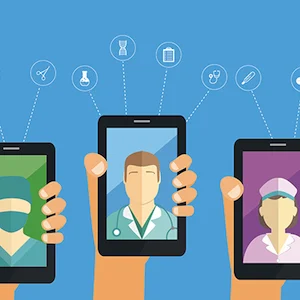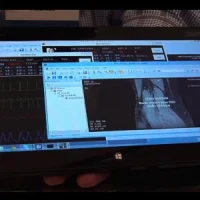Mobile health apps and devices (e.g., wearables) are useful tools for people to take control over their own health and wellness. As more of these mHealth apps become available, the issue of whether these digital tools are being used properly comes to the fore.
Luckily, a new alliance has been formed primarily to improve the safety and effectiveness of mHealth apps by establishing and promoting best practices for their use. The new non-profit alliance is called Xcertia, whose founders include the American Heart Association (AHA), the American Medical Association (AMA), the Healthcare Information and Management Systems Society (HIMSS) and DHX Group.
“The collaboration builds on each organisation’s ongoing efforts to foster safe, effective, and reputable health technologies, while complementing our mutual commitment to advancing innovation in medicine, and improving the health of the nation,” according to Xcertia four founders. “Our combined expertise, along with a diverse membership, will leverage the insights of clinicians, patients, and industry experts to help improve patient care and increase access to data.”
See Also: Health Tech to Watch in 2017
The founders say Xcertia’s governing board will be open to consumers, developers, payers, clinicians, people in the academe, and others interested in developing guidelines for mobile apps. There's growing evidence that mHealth apps offer many real benefits to users.
A report published in Health Affairs indicates that while a proliferation of novel mobile health apps exists targeting high-need, high-cost populations, real clinical utility is still out of reach for people with chronic conditions. Thus, there's a clear gap in access for the patients who could most benefit from these resources.
With increasing use of mHealth apps, concerns over privacy and security are on the rise, especially following recent studies showing some health apps may in fact be sharing patient personal information without knowledge or consent. Just last month, the AMA issued a blueprint for using mHealth apps in clinical practice. Aware of the tremendous potential in digital health tools, physicians "are looking to the AMA to help make sense of mobile health technologies,” says AMA Executive Vice President and CEO James L. Madara, MD. “Our role in helping to form Xcertia underscores the AMA’s ongoing commitment to innovation and collaboration that helps empower patients to assess mobile health apps, and enable physicians to take a lead role in advancing the state of digital health technology.”
Source: Health IT Outcomes
Image Credit: mHealthIntelligence
Latest Articles
mHealth safety
Bodies join forces to put mHealth in spotlight










